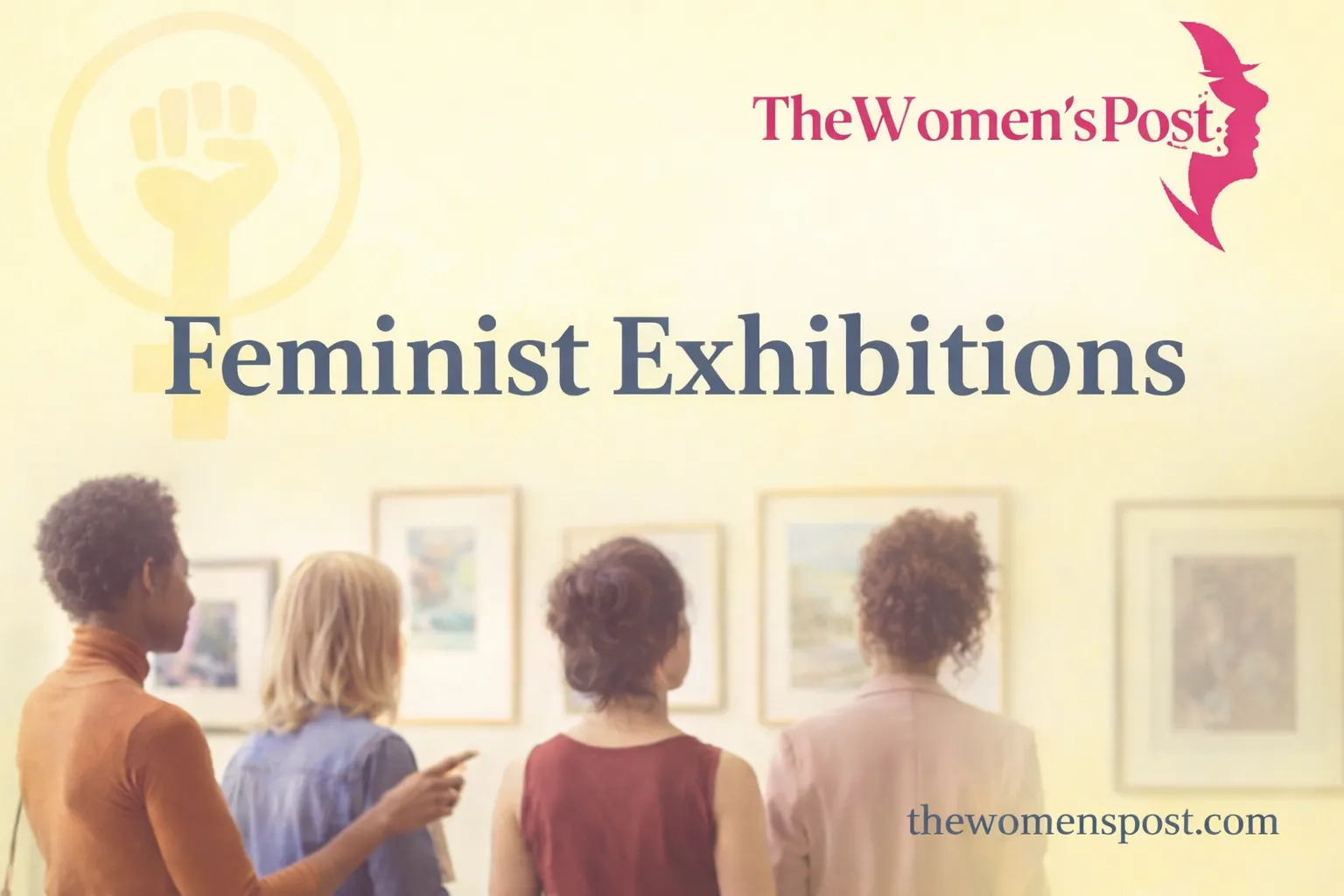Women Who Choose Not to Marry – Lonely or Liberated?

From Tokyo to Toronto, Lagos to London, the data speaks for itself. The average marriage age is growing, as is the number of unmarried women. In South Korea, about 40% of women in their thirties are unmarried. In the United States, more over half of women are single. In urban India, more women are prioritising employment, travel, and self-discovery above weddings.
This is not a niche trend; it is a worldwide shift. But it’s more than simply statistics. It is about freedom, choice, and identity.
Culture and Conditioning: Why This Choice Feels Radical?
Many societies still teach women that their value is inextricably linked to their duties as spouses and mothers. In such situations, choosing to remain single might feel like a defiance of firmly held customs.
Families may remark, “You’ll regret it later,” or “Who will take care of you when you’re old?”
Some friends can playfully say, “Are you being too picky?”
Even strangers feel entitled to make a comment—”What a beautiful girl! “Why is she not married?”
These aren’t just bothersome enquiries. They’re microaggressions that reinforce the notion that a woman’s life is incomplete without a spouse.
So when a woman declares, “I don’t want to marry,” she isn’t just making a personal decision. In many areas of the world, she is questioning a centuries-old story.
The Loneliness Question: Is It Real or Romanticised?
Let’s talk about the elephant in the room: loneliness.
Is the lone woman quietly weeping herself to sleep? Does she feel excluded at weddings or baby showers?
What’s the truth? Sometimes, yeah. She feels it.
But so do many married women.
Ask the lady who is locked in a loveless marriage. Or the one who is balancing a full-time work, childcare, and an emotionally distant husband. Loneliness does not discriminate depending on relationship status.
Loneliness is a human condition, not a penalty for being alone.
Many single women enjoy full, emotional lives, with close friendships, chosen families, rewarding employment, and significant interests. Their emotional demands do not disappear; they are simply met in a new way.
And, let’s be honest, some ladies feel the anguish of an empty bed or a quiet home. Many people find solace in isolation rather than sadness. They learn to appreciate their own company and, in the process, frequently find a power they were unaware they possessed.
Economic Independence and Emotional Autonomy
Economic factors have played a significant role in this transformation.
Today, there are more educated, employed, and financially independent women than ever. They are not required to marry for survival, stability, or prestige.
And with independence comes emotional liberation.
They are not waiting to be selected; rather, they are selecting their own life.
Of course, autonomy does not eliminate all struggles. In certain nations, unmarried women experience prejudice in housing, finance, and healthcare. Some are infantilised, while others are perceived as dangers to the societal fabric.
Despite these impediments, many women continue to choose singlehood—not because it is simple, but because it is true.
The Myth of “Having It All”
We’ve been taught that the ultimate achievement is “having it all”—a flourishing profession, a lovely marriage, well-behaved children, and flawless skin.
However, this notion of “having it all” is frequently associated with fatigue, emotional repression, and silent suffering.
Many women are reframing what “all” means for them. For some, it involves marriage. For others, it does not.
Maybe “having it all” isn’t just about checking boxes. Perhaps it is about creating a life that seems right—from moment to moment, year after year.
Dating Without a Deadline
One of the most freeing parts of deciding not to marry is the ability to date without a plan.
There’s no pressure to “lock it down.” There are no timeframes for kids. There’s no need to mould yourself into someone else’s ideal companion.
This does not imply that unmarried women are commitment-phobic or emotionally unavailable. It implies they approach love with curiosity rather than hurry.
Some people build deep, monogamous relationships without signing a formal instrument. Others investigate nontraditional partnerships, LGBT identities, or preferred co-living arrangements.
The spectrum is vast. And that’s the point: there is no one-size-fits-all definition of fulfilment.
How Society Can Evolve?
As more women make this decision, society must change how it perceives and supports them.
This means:
- Normalising singlehood in media, literature, and family discussions.
- Creating policies and societies that do not treat marriage as the default.
- Outside of typical nuclear families, we value caregiving and connection.
- Respecting a woman’s autonomy—not just in principle, but in practice.
Reflections: Lonely or Liberated?
So, returning to our question: are women who choose not to marry lonely or liberated?
The true explanation is that they’re human.
They are sometimes lonely, sometimes emancipated. Sometimes both. Exactly like everyone else.
What makes their narrative so compelling is not that they chose “freedom” over “forever.” It is that they selected at all.
They listened to their inner voice, even when it was drowned out by cultural, familial, and fearful sounds.
In doing so, they remind us all—regardless of gender or relationship status—that a well-lived life is one that is authentic to ourselves.
A Note to the Woman Reading This
Perhaps you are single by choice. Maybe due to situation. Perhaps you are somewhere in between.
Wherever you are, remember this:
Your worth is not determined by a ring, a plus one, or a wedding hashtag.
You’re not behind. You’re not broken. You’re not “waiting” for your actual life to start.
You’re already enough. Right now. As you are.
It’s your story whether you marry someday, never, or change your mind the following year. You get to write it.
And that? That is the most potent form of emancipation there is.
Also read: Real Over Ideal: Changing What It Means to Inspire Young Women









